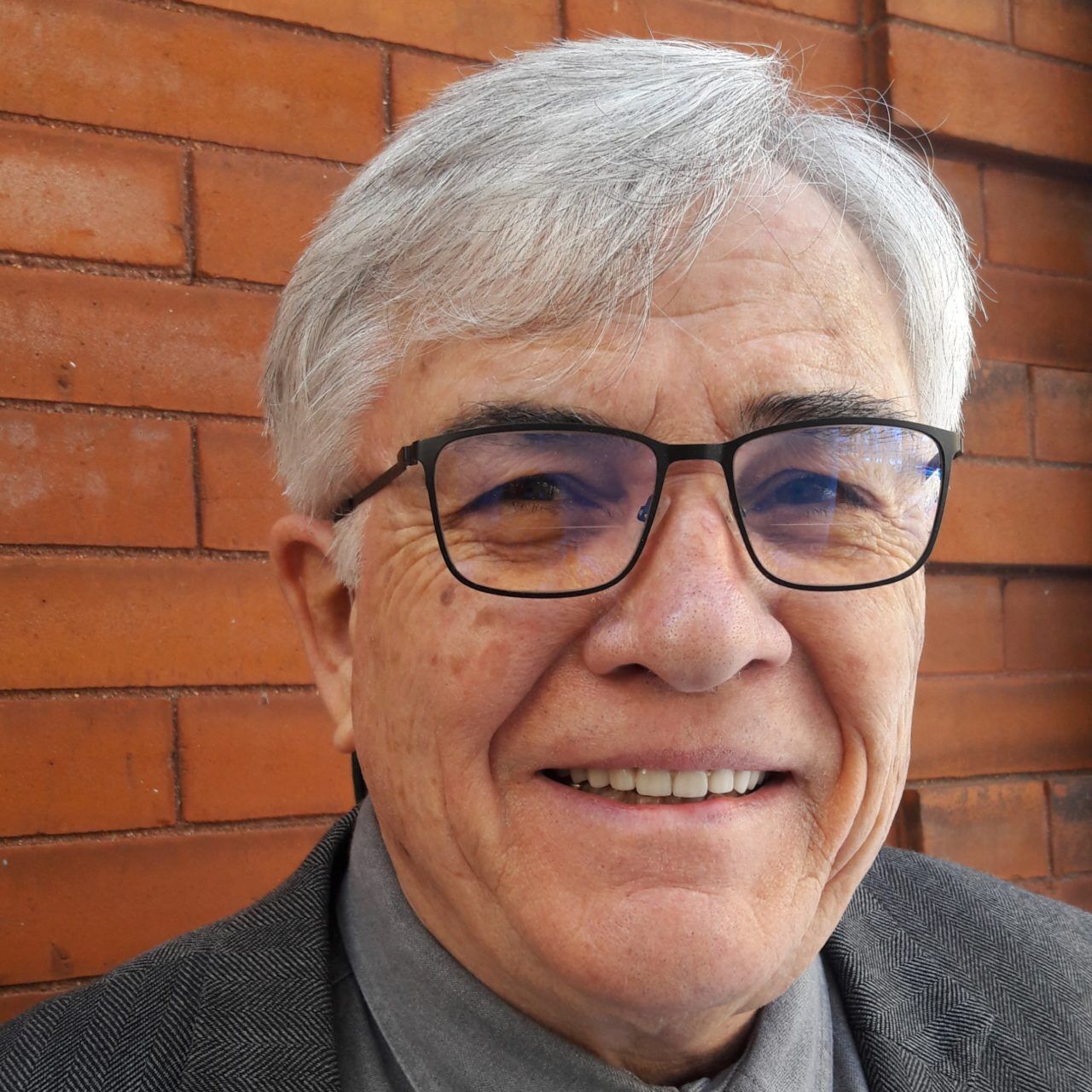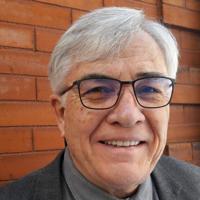Education needed to stop murder, crime | HUDSON

Miller Hudson

Miller Hudson
The killings at Club Q in Colorado Springs train a spotlight on a problem Colorado needs to come to grips with — a problem that’s far bigger than just guns, or hate, or anger. Our citizens are being gunned down during road rage incidents, family quarrels, religious services, gang violence and drive-by shootings. Not to mention a festering suicide epidemic. Of course, there are too many guns, too easily purchased and an entertainment culture awash in a glamorization of revenge fantasies. Somewhere, somehow in recent years, casually killing those who annoy us has become, if not fully acceptable, at least expected.
It wasn’t all so many years ago — certainly within my own lifetime — that murder was regarded as the most serious sin of all. Snuffing out another person’s life represented a moral failing deserving of universal condemnation. Yet it is evident a sizable portion of current society is quick to pull a trigger. Banning weapons of war, high-capacity magazines, or cop-killer bullets are little more than band-aids hiding a cancer. The same goes for censoring video games or curtailing media violence. Though each is worthy of policy debate, they are destined to fail in a contest against profound moral depravity.
Though most theological systems, with an exception for Quakers, acknowledge mortal combat may be a necessity in times of war, virtually none approves killing elsewhere. In the past, social shaming served as a deterrent against, not just murder, but most criminal behavior. No longer is that true. More than 100 cars are stolen every day in Colorado. This sounds like merely another crime statistic when your car goes undisturbed. These thefts impose costs on all of us. A friend who operates a Front Range property management firm employing 25 who operate a dozen service vehicles has recently installed hidden GPS locators so they can be recovered whenever stolen. This expense is passed on to resident in the communities he manages.
“Thou shalt not kill” may be one of the 10 original commandments, honored by both Jewish and Christian traditions, but it is a mistake to exclude this edict from our educational curriculum for fear its recitation might violate the separation of church and state. Moral instruction and ethical training should and must be an integral part of a sound civic education. There is no better place for communicating the damaging consequences of lying, stealing, gossiping, fighting and greed than the classroom. Nor can we rely exclusively on families to provide this instruction, although we certainly hope they will reinforce it. Right and wrong are not discretionary precepts.
There is much in America that is wrong today — auctioning political offices to the highest bidders is wrong, allowing corporate polluters to dump their toxins in our poorest neighborhoods is wrong, protecting the privileges of the wealthiest at the expense of those with few privileges is also wrong. But, choosing murder to satisfy personal grudges, settle quarrels, administer vigilante “justice” or simply punish behavior we disapprove is the least excusable of all; and worse, rarely changes anything, while inviting even further violence. The slowly encompassing shroud of fear that follows each terror attack is their point.
Colorado’s story is a sorry one. It often feels like public shootings began with Columbine in 1999, at least in part because the school shooters provided a template for so many copycat attacks across the country. Sandy Hook and the Pulse nightclub killings cost more lives. Nonetheless, Colorado has witnessed innocent victims slaughtered in movie theaters and grocery stores, at Planned Parenthood clinics and churches. How can anyone not worry just a little each time he or she steps outside? This is no way to live. There is no more basic responsibility of government than to protect the safety of its residents. Sympathy for the devil rarely cuts it, whether the devil is snatching your catalytic converter or ignoring the sanctity of life.
Coloradans deserve and should demand more than legislative tinkering at the margins of criminal policy, although this is required. The challenge is large enough, and damages severe enough, that a comprehensive program needs to be implemented, starting with Pre-K lessons (now that every child enjoys access) emphasizing that all criminal behavior isn’t just a bad idea but represents a form of theft from society — from their friends and families. Murder embodies a despicable ethical failure. Theologians concur, but their judgment does not make an insistence to “do the right thing” a matter of religious instruction in disguise. It’s common sense!
Our lives will not suddenly become safer. There are more tragedies, more sorrow and more worries ahead. We must learn to trust each other a little more. When we see something, we should say something. Then, community policing will improve. Preemptive interventions protect the innocent many against the lunacies of the few.
Miller Hudson is a public affairs consultant and a former Colorado legislator.





